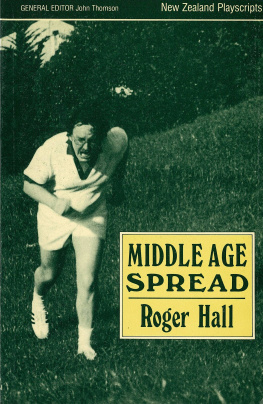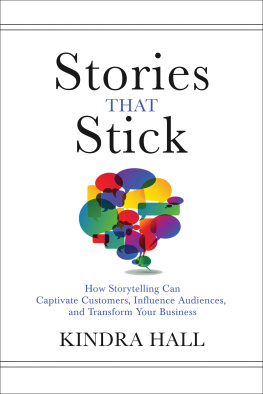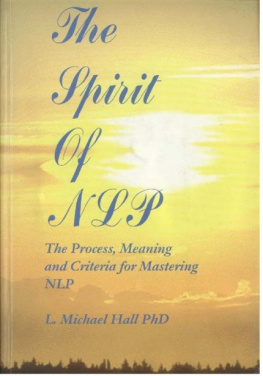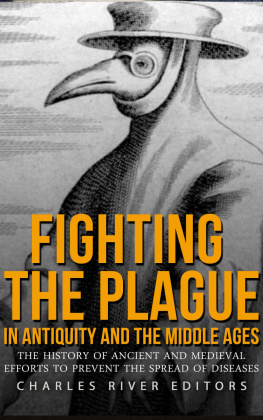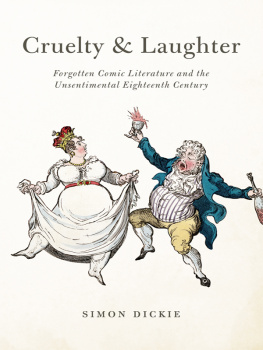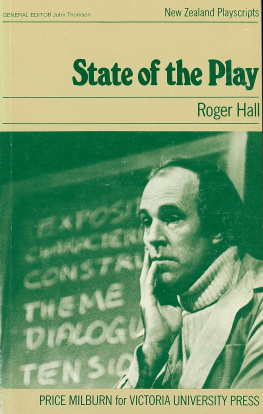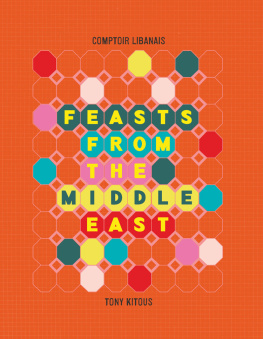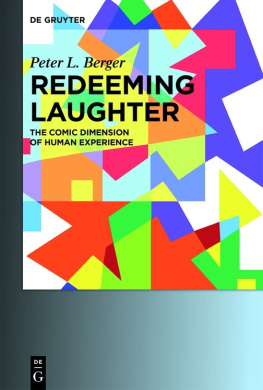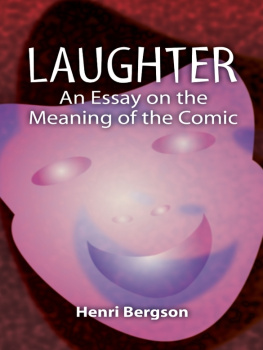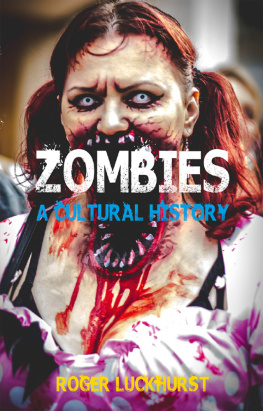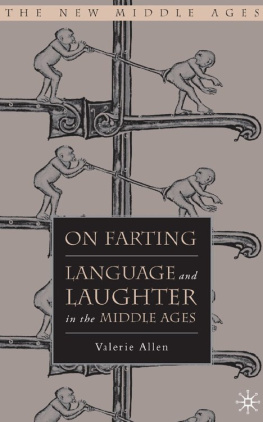Hall - Middle Age Spread
Here you can read online Hall - Middle Age Spread full text of the book (entire story) in english for free. Download pdf and epub, get meaning, cover and reviews about this ebook. City: Wellington, year: 2013;2012, publisher: Victoria University Press, genre: Detective and thriller. Description of the work, (preface) as well as reviews are available. Best literature library LitArk.com created for fans of good reading and offers a wide selection of genres:
Romance novel
Science fiction
Adventure
Detective
Science
History
Home and family
Prose
Art
Politics
Computer
Non-fiction
Religion
Business
Children
Humor
Choose a favorite category and find really read worthwhile books. Enjoy immersion in the world of imagination, feel the emotions of the characters or learn something new for yourself, make an fascinating discovery.
- Book:Middle Age Spread
- Author:
- Publisher:Victoria University Press
- Genre:
- Year:2013;2012
- City:Wellington
- Rating:5 / 5
- Favourites:Add to favourites
- Your mark:
- 100
- 1
- 2
- 3
- 4
- 5
Middle Age Spread: summary, description and annotation
We offer to read an annotation, description, summary or preface (depends on what the author of the book "Middle Age Spread" wrote himself). If you haven't found the necessary information about the book — write in the comments, we will try to find it.
Hall: author's other books
Who wrote Middle Age Spread? Find out the surname, the name of the author of the book and a list of all author's works by series.
Middle Age Spread — read online for free the complete book (whole text) full work
Below is the text of the book, divided by pages. System saving the place of the last page read, allows you to conveniently read the book "Middle Age Spread" online for free, without having to search again every time where you left off. Put a bookmark, and you can go to the page where you finished reading at any time.
Font size:
Interval:
Bookmark:
A play completed during the writers tenure of the Robert Burns Fellowship in the University of Otago
I SPENT SOME MONTHS of 1976 in London and returned to Wellington to find I had missed Roger Halls comedy of the Public Service GlideTime. Fortunately for me, the public demanded a return season, and I still remember the impact of that performance in Wellingtons Opera House, sitting with an audience delighted to see themselves on the stage, recognising that Roger had hit them off to a T, and responding delightedly to every line. This was impressive. I had always admired Rogers flair and had attended many of his old student revues. What was that night doubly impressive was the now matured theatrical skill that lay behind the achievement of GlideTime. It was not just a very funny script about a group of very ordinary people in a government office. It was skilful stage-writing of a very high order. I might that evening have been in the West End. It was no surprise to hear that the author was to be awarded a writing fellowship by the University of Otago, where he quietly settled down to write a second play.
A year almost to the day after that performance of GlideTime, I saw his second play MiddleAgeSpread, put on in the tiny Wellington Circa Theatre, which had mounted the pioneer performance of the earlier success. Once again, a Wellington audience saw themselves on the stage and responded with delight. MiddleAgeSpread, when it transfers to a larger stage and a full-size theatre, bids fair to follow the popular success of GlideTime. Roger had done it again.
MiddleAgeSpread is, I suppose, a comedy. It is certainly very funny both in dialogue and situation. But if it is a comedy, it is a comedy with a serious undertone. Three middle-aged couples are entrapped in the suburban situation, bored with themselves, bored with their partners, bored with their daily routine of job or family or household chores. There are the moments of excitement, the moments of revelation, but in the end it will all end up much as it began. If you are looking for any moral, you will find it in the plays final line. When the party is over, there is nothing for it but to get stuck in and do the dishes. We cant escape being the kind of people we are. The original audience responded with rounds of laughter. But Roger is never laughing at his characters. They may tear into each other. Roger never tears into them. What emerges are six very ordinary people, portrayed with sensitivity and sympathy.
Suburbia has been done before. It has never been done in New Zealand with such a sheer sense of theatre. This publication of the original playscript will attract two kinds of readers. Most will read it, just as it lies on the printed page, for the incidents, the plot, the story-line, the people involved. They will, I know, be entertained by a story recounted with narrative skill. But any reader who has at any time had anything to do with the theatre will recognise that behind the plotting and the story-line is the hand of a writer who thinks all the time in terms of the spoken word and visual presentation on a stage. All six characters offer marvellous parts for the actors. Roger has a remarkable ear for dialogue, a remarkable ear too for stage silences. He sees as well as he hearsthe visual leit-motifs (like the raincoat and the railway-book) are beautifully contrived and exploited. Above all, the structure of the play, with its interlocking scenes and its ebb-and-flow movement, seems to me masterly. I keep thinking of Molire and Sheridan.
Roger Hall can comment wryly on our society. He can present his audiences with a mirror of themselves to delight and entertain. But his special skill shows when the printed page is translated into stage action and stage speech. As actors and directors can recognise, he writes all the time in pure terms of the theatre; and this is what makes him a playwright .
I AN A. G ORDON
MIDDLE-AGE SPREAD was first presented by Circa Theatre, Wellington, on 16 November 1977 with the following cast:
ELIZABETH Dorothy McKegg
COLIN Grant Tilly
ISOBEL Jane Waddell
REG Ray Henwood
JUDY Donna Akersten
ROBERT John Reid
Directed by Michael Haigh
Designed by Grant Tilly
Lighting by Rex Gilfillan
Stage Manager/Production Assistant Lee Bruce
Slide Montage John Reid
Because the Circa stage was too small to have the bedroom scene set up all the time, a revolve was used. However, with all the changes needed and with all the actors having to take on and off plates, glasses etc., inevitably there were still quite long pauses during each scene change. To cover these, Michael Haigh showed a sequence of slides together with appropriate music. This device worked brilliantly and added another dimension to the play.
The line about the Labour Party and sleeping sickness, which gets one of the biggest laughs in the play, was originally devised by Dave Smith whom I thank for permission for its use.
COLIN . Mid to late forties. Nice, well-meaning man with enough intelligence to know his limitations. He has spent all his life in teaching, and has now had enough, but realises theres no way out. He is beginning to put on weight and is worried about it.
ELIZABETH . A couple of years younger than COLIN . Likes to keep a nice home, but has no real sense of style and the house is exactly like so many other middle-class middle-income homes. Is confident in her opinions, her confidence stemming from being completely out of touch. Gave up her job as secretary when her first child was due, and has never been back to work.
REG . About the same age as COLIN , but tries to look younger with his clothes and his hair style. A womaniser, a great talker, with a great conviction that he is right on most things. A talking left-winger who has strong opinions in favour of the welfare state etc. but without doing anything practical to support his views. A lecturer at teachers college.
ISOBEL. The same age as REG or even a couple of years older. Years of being rubbished by REG has developed in her a slight gawkiness in manner and speech, which makes her more likely to put her foot in it. She has turned to the creative arts in recent years.
ROBERT. An accountant in his late thirties. Dresses well because his job demands it. Quietly right-wing. Tries to do good. Totally lacking in imagination and is out of touch with young people. Believes in what he would call the old fashioned virtues.
JUDY. Five to ten years younger than ROBERT . Attractive, outgoing , intelligentand has the best taste of any of them. Should never have married ROBERT and she knows it.
The dinner party, which is given in August on the last day of the school term, is divided into four parts. The scenes in between take place during the weeks which precede the dinner party.
| SCENE 1 | Late Augustthe dinner party |
| SCENE 2 | Ten weeks earlierthe sitting room |
| SCENE 3 | A few days after scene 2Judys bedsitter |
| SCENE 4 | The dinner party continued |
| SCENE 5 | Six weeks earlierthe bedroom |
| SCENE 6 | A few days after scene 5Judys bedsitter |
| SCENE 7 | The dinner party continued |
| SCENE 8 | Three weeks earlierthe sitting room |
| SCENE 9 | A few days after scene 8Judys bedsitter |
Font size:
Interval:
Bookmark:
Similar books «Middle Age Spread»
Look at similar books to Middle Age Spread. We have selected literature similar in name and meaning in the hope of providing readers with more options to find new, interesting, not yet read works.
Discussion, reviews of the book Middle Age Spread and just readers' own opinions. Leave your comments, write what you think about the work, its meaning or the main characters. Specify what exactly you liked and what you didn't like, and why you think so.

